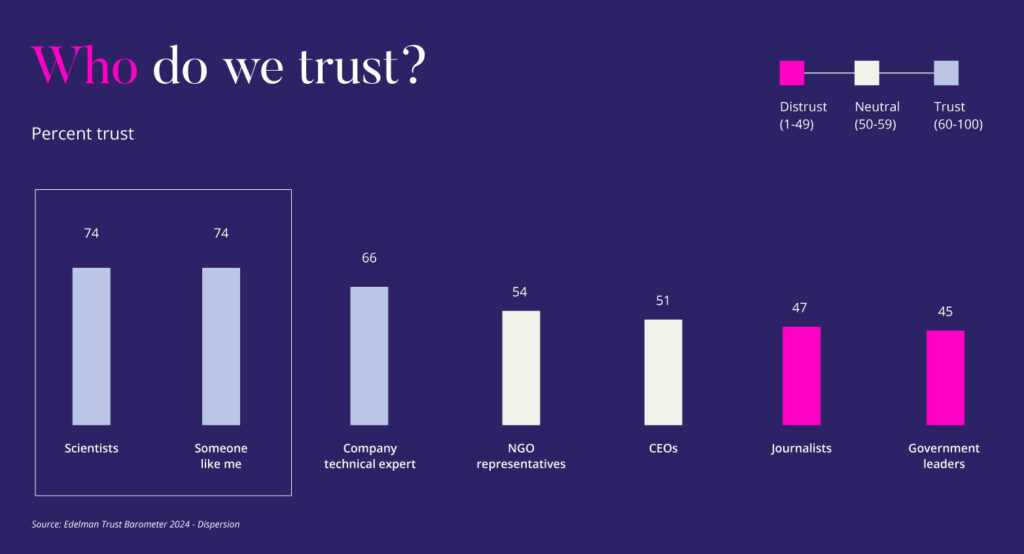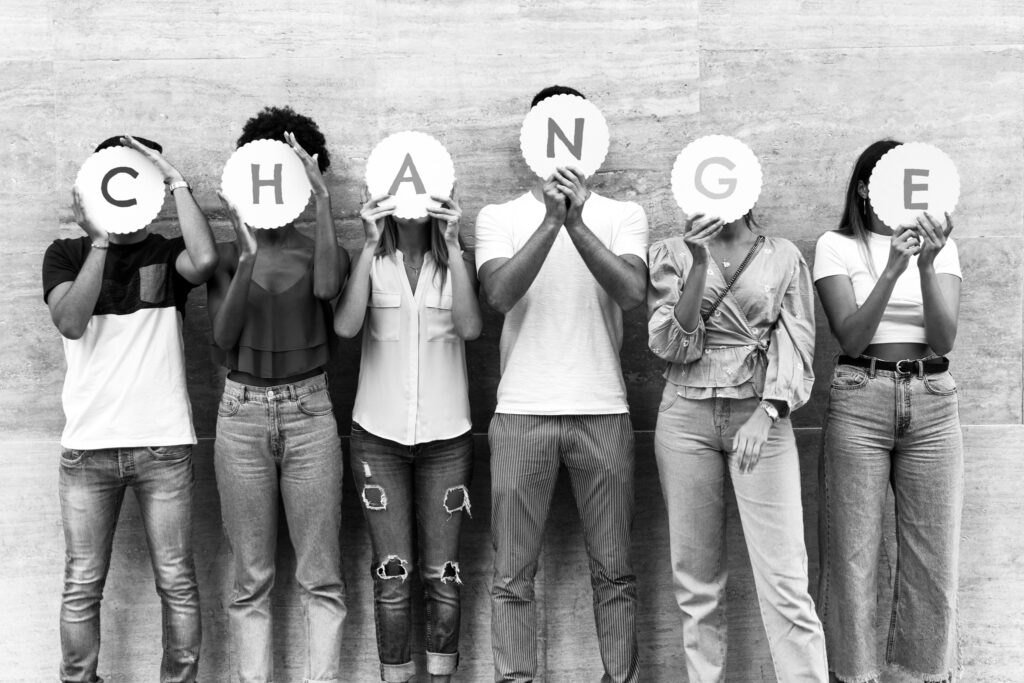And why it matters to horseracing.
Who do you trust the most?
The answer is probably not politicians. It’s unlikely to be journalists either. And for the millennials who graduated into a global recession, it’s certainly not financial institutions.
Let’s take things back to 2008 for a second.
Maybe you were there when Yeats recorded his fourth Ascot Gold Cup or when Zarkava became the first filly to win the Arc since 1993. Perhaps you witnessed Big Brown take out the first two legs of the Triple Crown, only to face unexpected defeat in the Belmont. A failed banker, if you will, soon to be eclipsed by many others in human form.
While these were the events that mattered in our bubble, the collapse of Lehman Brothers on 15th September 2008, signalled the bursting of a far bigger one. Men and women carrying their possessions in cardboard boxes out of office buildings. Sending shockwaves through Wall Street, that served as the trigger point for global financial meltdown.
And it wasn’t so much the bankers, but rather the banks themselves that failed us. Institutions – too big to fail – that we trusted to keep our money safe but could no longer be relied upon.
Economies bounced back. Sure, so did the yearling prices. But one thing that changed forever was trust.
Of course, it was the banks that started this whole thing, but as Rachel Botsman cites in her excellent book on the subject “Who Can You Trust?”; “since the [financial] crisis, other scandals, other revelations, have seen ripples of distrust touch government, the media, charities, big business and even religious organisations.”
Significantly, this tumbling of trust in traditional institutions happened in an environment where technology was evolving at a rapid pace, offering new avenues and platforms for consumers to access and share information. The result? A seismic shift in trust from the monolithic to the individual.
Trust that used to flow upwards, is now flowing horizontally to our fellow human beings.
Rachel Botsman
These bold claims are not just anecdotal. The Edelman Trust Barometer is an annual survey which measures how much people trust different institutions such as governments, businesses, NGOs and the media. As per the graphic below, the 2024 study showed that we trust our peers as much as we trust science, both of which we are far more likely to trust than business leaders, journalists or politicians.
Furthermore, this year’s study concludes that people believe that 63% of government leaders, 61% business leaders and 64% of the media are purposely trying to mislead people by saying things they know to be false or gross exaggerations.

Put simply, where big institutions may have previously held all the aces, trust and influence now lies with the people. We look to our peers, family, friends, fellow users, colleagues, even strangers rather than those in traditional positions of power.
As Botsman puts it; “Trust that used to flow upwards, is now flowing horizontally to our fellow human beings.”
A friend on social media is now viewed to be twice as credible as a government official. We make big decisions based on reviews by fellow consumers, we put our faith in the algorithms of streaming services to tell us what to watch, and hell, one day sooner than we think we’ll be trusting self-driving cars to take us to the races.
But what does all of this really mean? And, crucially, why should it matter to horse racing?
The answer is manifold.
In this digital age, where individuals hold more sway than institutions, trust is becoming the new currency for prosperity. While it is more difficult than ever for institutions to build and maintain it, those who manage it well will see their value rise. In other words, earning trust should be at the cornerstone of every plan and decision going forward.
The value of trust is rising and we badly need to buy in while we still can.
Consistency is a key part of building that trust. To earn it, organisations need to not only do what they say they’re going to but also be honest when they fall short. Talking the talk is the easy part; walking the walk is much harder.
Transparency is fundamental. Being open about mistakes or bad behaviour is challenging and may seem counterintuitive—after all, traditional management often focuses on maintaining a perfect image or denying any wrongdoing. But times have changed. Perfection is no longer expected, however progress is.
Trust takes time to build though and in an era when everyone has a camera in their pocket, it can be lost in an instant. Any mismatch between actions and words can be shared globally in the time it takes to press send. In fact, trying to hide just about anything these days is a high stakes gamble and “good spin” can no longer be used to cover up our dirty secrets.
While this obviously presents a real threat to industries or organisations with something to hide, it also creates immense opportunity for those that can demonstrate authenticity and social responsibility.
The value of trust is rising and we [horse racing] badly need to buy in while we still can.
Understanding who and how people trust is also important in determining how we act when faced with adversity. When a crisis occurs, for example, it’s not the CEO that needs to step forward to defend the claim, but real people. Established leaders are not trusted to tell us the truth and social proof calls for reassurance from “people like us”.
Another challenge presented by this trust revolution is that we seek out media which echoes our own beliefs and rely on the opinions of those around us. In other words, we look for confirmation of what we already think from people we trust. These echo chambers can make it easy to overlook or simply not see opposing viewpoints.
The implications of this are important to acknowledge. Just because you don’t encounter opposition in your daily news cycle does not mean that it doesn’t exist. Burying our heads in the sand and hoping it will go away is the worst possible course of action to take. Silence breeds suspicion, and falsehoods are able to spread quickly through other networks, unchecked.
But while the shifting landscape of trust poses a great challenge to our industry, there is also opportunity. The balance of power has moved from traditional institutions to individuals and communities, where authenticity and transparency are valued more than ever. For horse racing to thrive in this environment, it must embrace this new reality by prioritising honesty, consistency, and openness in every facet of the industry. By doing so, it can not only preserve but also grow its relationship with a more discerning and connected audience.
Ultimately, safeguarding the future of horse racing will depend on its ability to build trust – trust that is earned through genuine actions, not just words.
References
Botsman, R. (2017). Who can you trust?: How technology brought us together–and why it might drive us apart. PublicAffairs.
Edelman. (2024). Edelman Trust Barometer 2024. Edelman.


